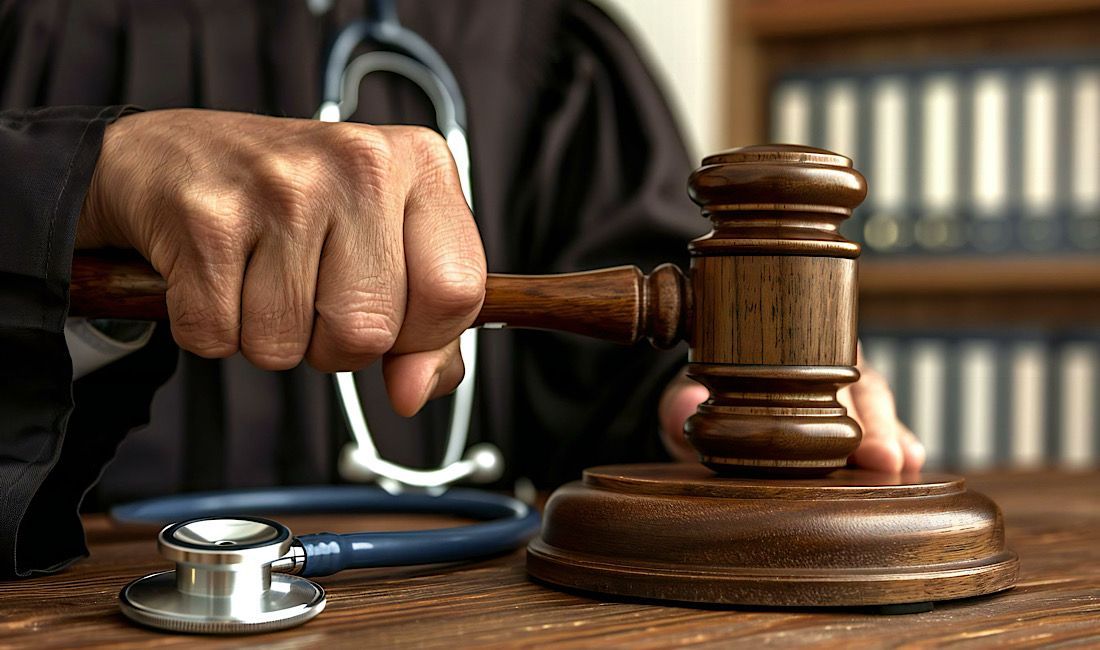Impact of Pennsylvania Laws on Your Accident Claim
How State-Specific Laws Affect Accident Claims in Pittsburgh

When dealing with accident claims in Pittsburgh, understanding the nuances of Pennsylvania state laws is crucial. These laws determine how claims are processed, the types of compensation available, and the overall legal rights of all parties involved. This section highlights how Pennsylvania's specific statutes influence accident claims, focusing on comparative negligence, insurance requirements, and the statute of limitations.





